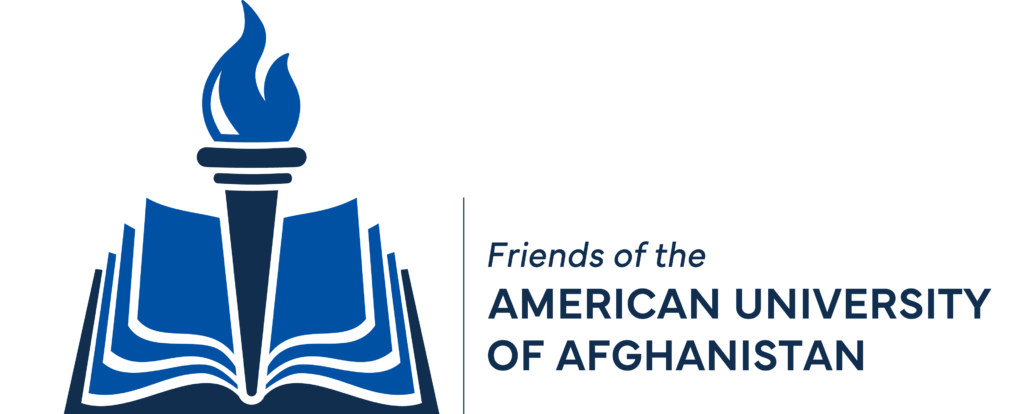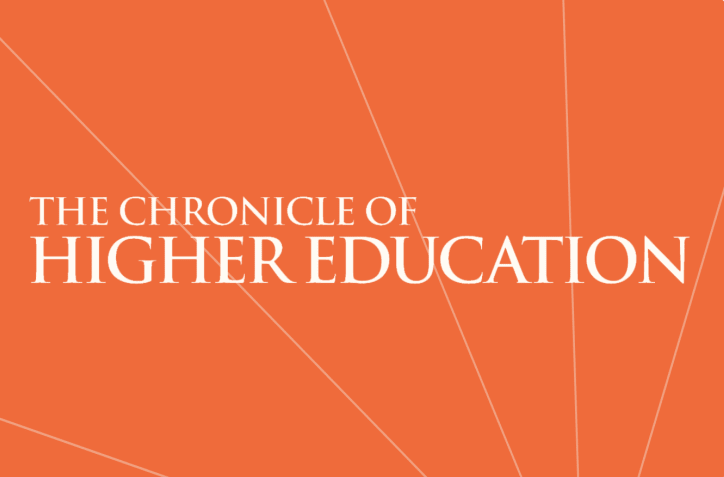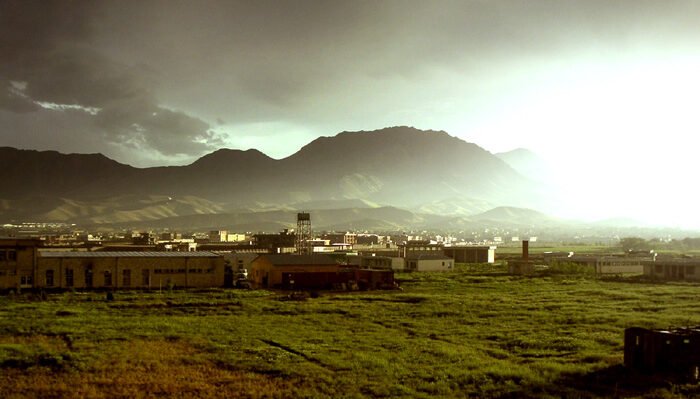The Taliban’s return to power in Afghanistan last year has produced a desperate humanitarian situation in the country. Nearly half of all households are experiencing acute food insecurity, maternal and infant mortality rates are rising quickly, and 97% of families are at risk of dropping below the poverty line.
Most concerning is the intentional and vicious erasure of women and girls from public life by the Taliban, especially the ban on girls’ access to secondary education and the rapid deterioration of education quality across the country.
Afghanistan under the Taliban is currently the only place in the world where girls’ education is banned. Islamic scholars, activists, and the leadership of other Muslim-majority countries agree that gender-based exclusion in education is not justified.
In the aftermath of the international withdrawal, Afghan women have endured some of the most disturbing consequences of the Taliban’s brutal pursuit for power coupled with indifference from the international community. Far more needs to be done to support Afghan women and children, especially in the education space.
What is happening to the women and girls of Afghanistan creates not simply a moral imperative, but a growing threat to regional and even global peace, prosperity, and security.
Every Afghan, regardless of gender, geography, ethnicity, and socioeconomic status, needs to see their fundamental rights respected and protected. For peace and prosperity everywhere – now more than ever – the administration, Congress, international policymakers, the media, and the private and philanthropic sectors each have a role to play.
“Only countries where all people are involved can be successful. When we look around the world and we see countries where half of the population is marginalized or left out, then we usually see countries that are failing.” – Mrs. Laura Bush, Global Women’s Network, 2015






